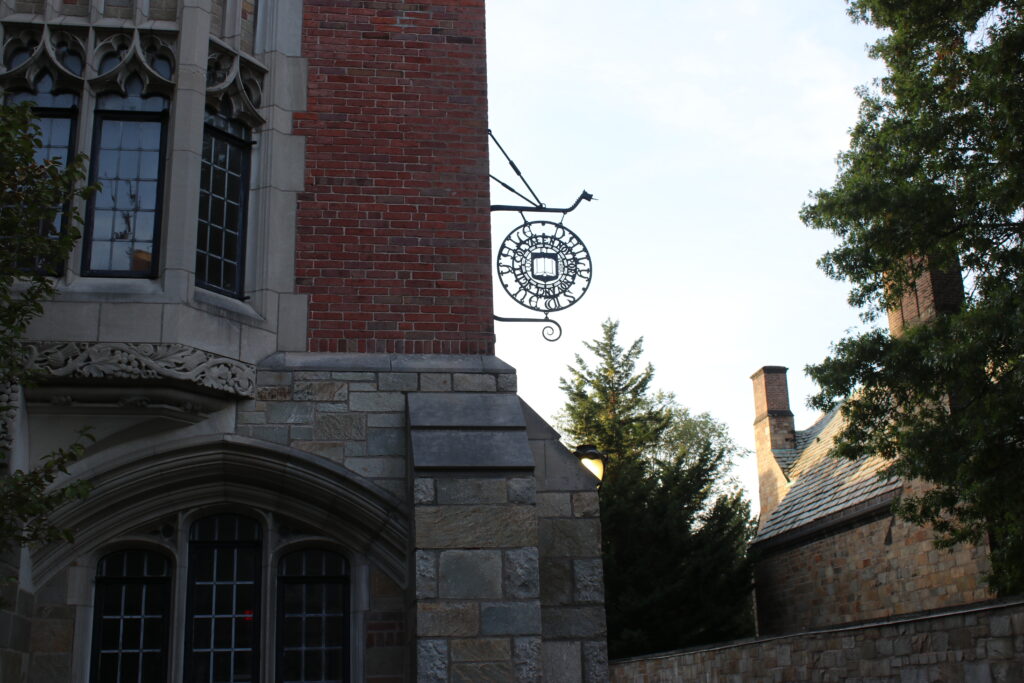
The Yale Daily News has signed an amicus brief supporting the Stanford Daily in a lawsuit challenging the Trump administration over alleged violations of the First and Fifth Amendments. The brief, filed on August 6, 2023, contends that the administration’s use of federal immigration law has suppressed political speech among international students, including journalists.
This legal action has garnered support from 44 student newspapers nationwide, alongside contributions from 11 student newsroom leaders. The brief asserts that the arrests of international students deemed a threat to U.S. foreign policy have created a chilling effect not only at Stanford but across campuses in the United States. The Student Press Law Center, a nonprofit organization focused on legal advocacy for student journalism, prepared the brief.
Matthew Cate, a member of the center’s board of directors and author of the brief, emphasized its broader implications in a conversation with the Yale Daily News. “What our brief does is show the court and the world that this issue is bigger than one newsroom or one arrest or one deportation,” he stated. Cate highlighted the nationwide ramifications, stressing the need to demonstrate the impact of the court’s decisions on student journalists.
Ariela Lopez, the editor-in-chief and president of the Yale Daily News, noted in a statement that there has been a noticeable decline in contributions from international students, who feel increasingly hesitant to engage with the publication. “When international students are deterred from sharing their perspectives, our ability to fulfill that responsibility is compromised,” Lopez said. She confirmed that the decision to join the brief was made by the Executive Committee of the Yale Daily News Publishing Co..
The lawsuit against the federal government names Secretary of State Marco Rubio and Secretary of Homeland Security Kristi Noem as defendants. It alleges that the Trump administration has misused provisions of the Immigration and Nationality Act to initiate deportation proceedings against international students based on political speech. The complaint highlights cases of self-censorship among international student writers at the Stanford Daily, particularly following the detention of three students advocating against Israel’s actions in Gaza.
According to the lawsuit, incidents of self-censorship include avoiding coverage of pro-Palestinian protests and refraining from discussing topics related to the Gaza conflict. The filing indicates that international students are now less willing to communicate with the newspaper regarding sensitive topics, which severely limits the breadth of reporting.
In response to the lawsuit, attorneys for the U.S. government argued that the plaintiffs lack standing, claiming they are relying on “speculative injuries.” They maintained that the executive branch has significant discretion to govern foreign policy interests related to student visa holders.
The amicus brief, signed by major student newspapers from seven of the eight Ivy League institutions—excluding the Columbia Daily Spectator—asserts that the federal government’s actions undermine fundamental democratic values instilled in student journalists and their audiences, regardless of citizenship status. Other publications have also noted a decline in participation from international students and an increase in requests for anonymity in published articles.
Legal representatives, including Colin McDonell from the Foundation for Individual Rights and Expression, expressed the importance of the amicus brief in providing diverse perspectives to the court. “The unity of student news organizations highlights that the chill on speech is not an isolated incident; it is a widespread concern affecting student newspapers across the nation,” McDonell stated.
The Stanford Daily, originally founded as The Daily Palo Alto in 1892, continues to navigate these challenges as the legal proceedings unfold.







